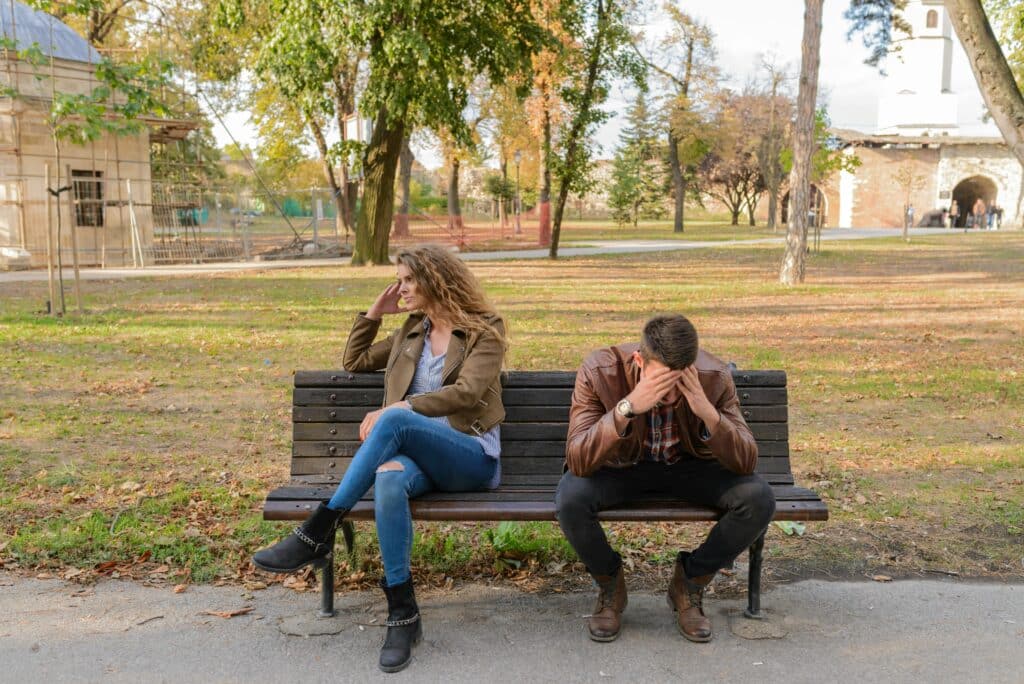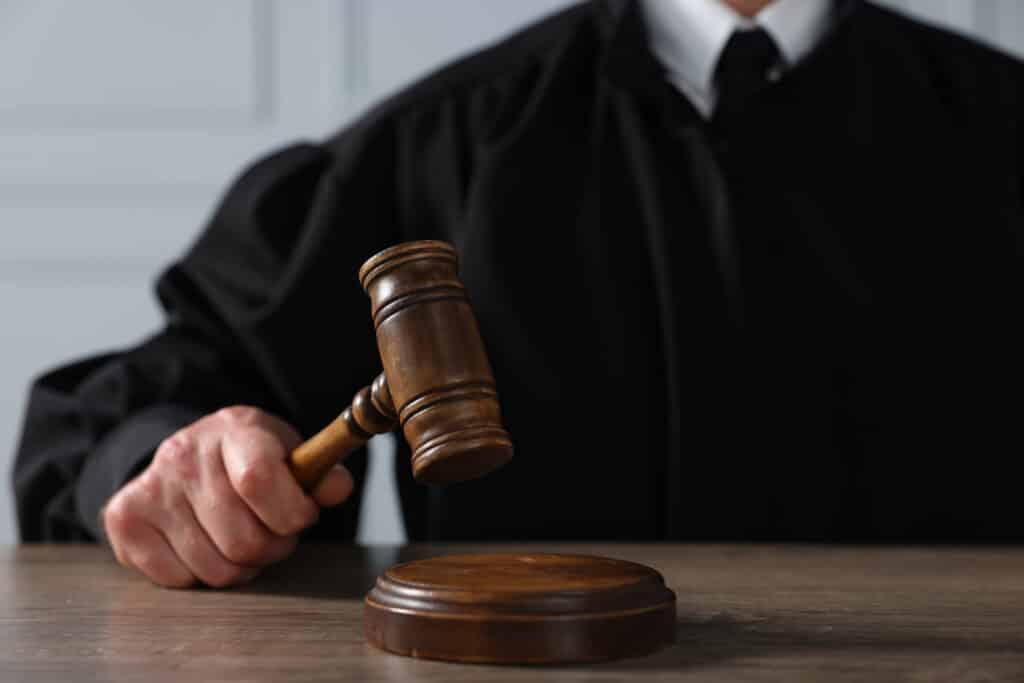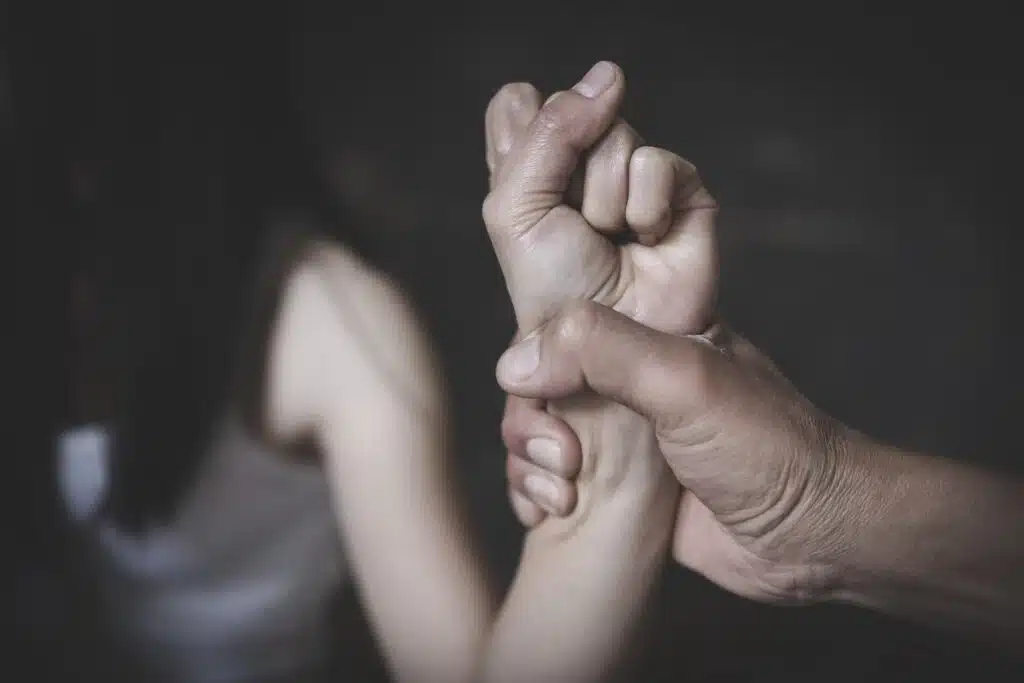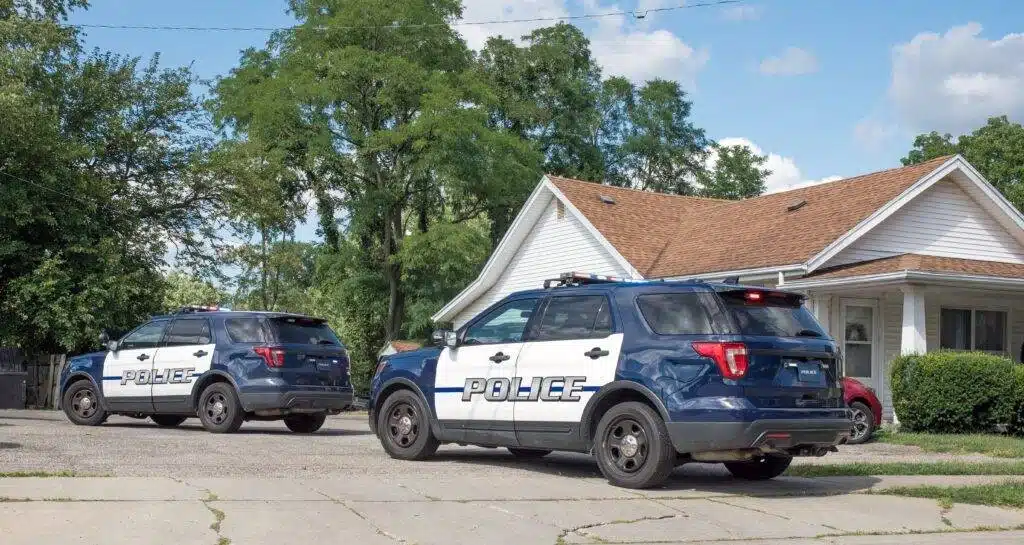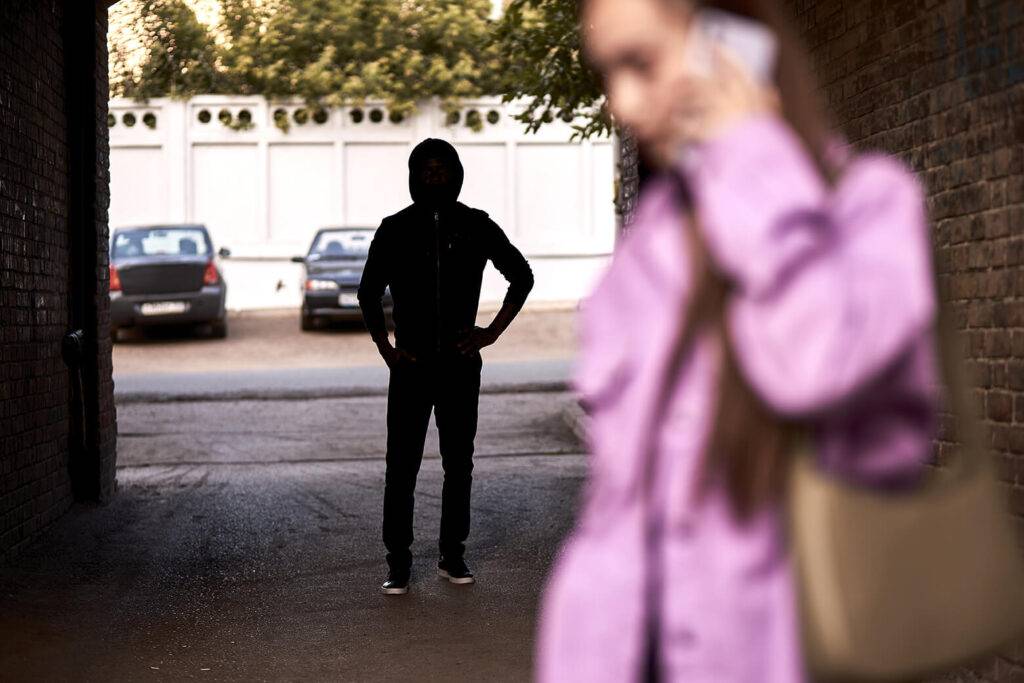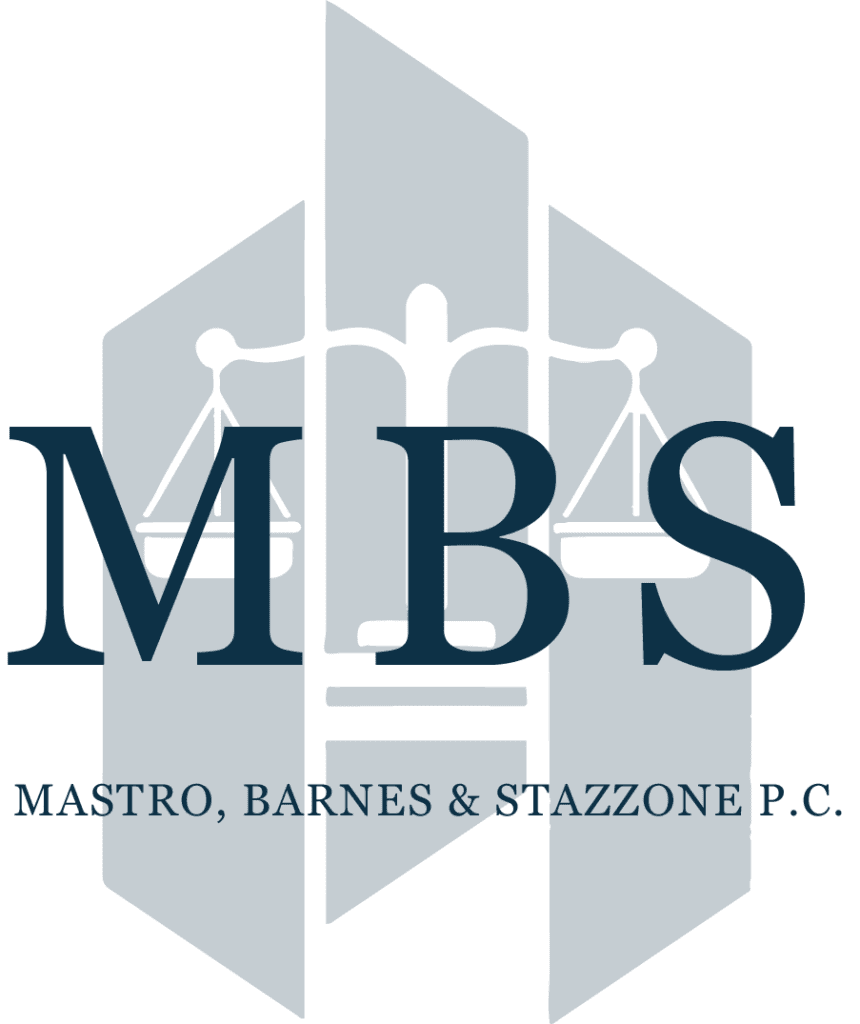Domestic violence protection orders are put in place to ensure the safety of at-risk individuals. Also known as criminal protective orders for domestic violence, these directives place strict restrictions on the accused to prevent further harm to all parties involved. Understanding the rights, restrictions, and legal implications of these orders is crucial for both the protected party and the accused.
In Colorado, where domestic violence laws are comprehensive, it is essential to know what these orders involve and the potential consequences of breaking them. In this article, we explore protection orders in-depth and examine how Denver domestic violence lawyers can provide guidance and representation to those affected.
Domestic Violence in Colorado: An Overview
Colorado law defines domestic violence as any act or threatened act of violence against an intimate partner, including actions used to control or punish. The state’s approach emphasizes prevention and intervention, holding offenders accountable while protecting victims.
Relevant Laws and Their Impact
Statutes regulate the process for obtaining and enforcing protection orders. Violations of these orders, outlined in C.R.S. § 18-6-803.5, come with significant legal penalties. Recently, legal updates have aimed to enhance the enforcement of these laws and provide more comprehensive safeguards for victims.
These laws guide how cases are handled, from initial reports and protective orders to court proceedings and penalties for violations. The objective is to ensure the victim’s safety while balancing the accused’s legal rights.
What is a Domestic Violence Protection Order?
A domestic violence protection order is a legal document issued by a court to safeguard individuals from abuse, threats, or harassment by a current or former partner or household member. In Colorado, these orders are regulated by C.R.S. § 13-14-102, which outlines how they are issued and enforced, and the protections they provide.
Temporary protection orders (TPOs) are intended to provide swift protection and are often granted based on immediate need. These orders last until a scheduled court hearing, at which point the judge may extend the protection by issuing a permanent protection order (PPO) if warranted by the circumstances and evidence presented.
Rights and Restrictions Under a Criminal Protection Order: Domestic Violence
Rights for the Protected Party
A Colorado protection order provides the protected party with the following rights:
- The right to be free from any form of contact by the accused, whether in person, over the phone, or through digital communication.
- The accused must remain a specified distance away from places significant to the protected party, such as their home, workplace, or children’s school.
- Depending on the situation, the court may grant temporary custody of children or the exclusive right to remain in a shared residence for the safety and well-being of the protected party in any dependence.
Restrictions on the Accused
Individuals subject to a protection order for domestic violence allegations must comply with strict rules, which may include:
- Any attempt to contact the protected party, whether direct or indirect, is prohibited.
- The accused must maintain a legally defined distance from the protected party at any locations specified in the order.
- Per C.R.S. § 18-1-1001, the accused may be prohibited from possessing or purchasing firearms while the order is active.
- The court may impose further conditions, such as mandatory counseling, surrender of firearms, or avoiding specific places frequented by the protected party.
These restrictions enforce the protective boundaries established by the court and prevent potential escalation of violence.
Breaking a Protection Order: Consequences
In Colorado, it is considered a serious offense to break a protection order, as covered under C.R.S. § 18-6-803.5. Violating the terms of the order, whether by contacting the protected party, approaching restricted areas, or failing to comply with additional conditions, can trigger immediate legal action.
What happens if you break a protection order?
- Criminal charges. Violations can result in additional misdemeanor or felony charges, depending on the severity and frequency of the infraction. A first-time offense might be charged as a misdemeanor, while repeat offenses or those involving violence can escalate to felony charges.
- Jail times and fines. Convictions may lead to imprisonment, fines, or a combination of both. For serious or repeated violations, jail time can be substantial.
- Civil penalties. In addition to criminal charges, breaking the protection order can lead to court-ordered civil consequences, such as mandatory financial reparations or additional protective measures for the victim.
These consequences highlight the importance of complying with protection orders to avoid severe legal repercussions and additional distress for the protected party.
Legal Recourse and Defense Options
How Denver Domestic Violence Lawyers Can Help
The help of Denver domestic violence lawyers is essential for anyone involved in a domestic violence case, whether as the accused or the protected party. Lawyers provide vital support and representation by:
- Guiding clients. Helping clients understand their rights and responsibilities under a protection order for domestic violence, ensuring compliance with legal standards.
- Defending against allegations. Presenting evidence, cross-examining witnesses, and arguing in court to challenge or clarify allegations.
- Negotiating outcomes. Working to reduce potential penalties or arrange alternative solutions, such as enrolling in counseling or rehabilitation programs as part of a defense strategy.
Legal Options for Both Parties
- For the protected party. Victims can seek legal recourse if the order is violated by filing new complaints, requesting modifications to strengthen the order, or seeking additional legal protection.
- For the accused. Options include challenging the validity of the protection order in court, complying with its conditions while pursuing legal action to modify or lift the order, and presenting evidence to contest the allegations.
Understanding domestic violence protection orders and the rights, restrictions, and legal consequences they involve is essential for both the protected party and the accused. Seeking help from experienced Denver domestic violence lawyers can provide clarity and support, helping individuals navigate the complex legal landscape. This guidance ensures that people are aware of their rights, comply with the terms of protection orders, and have the means to pursue a fair legal process.
